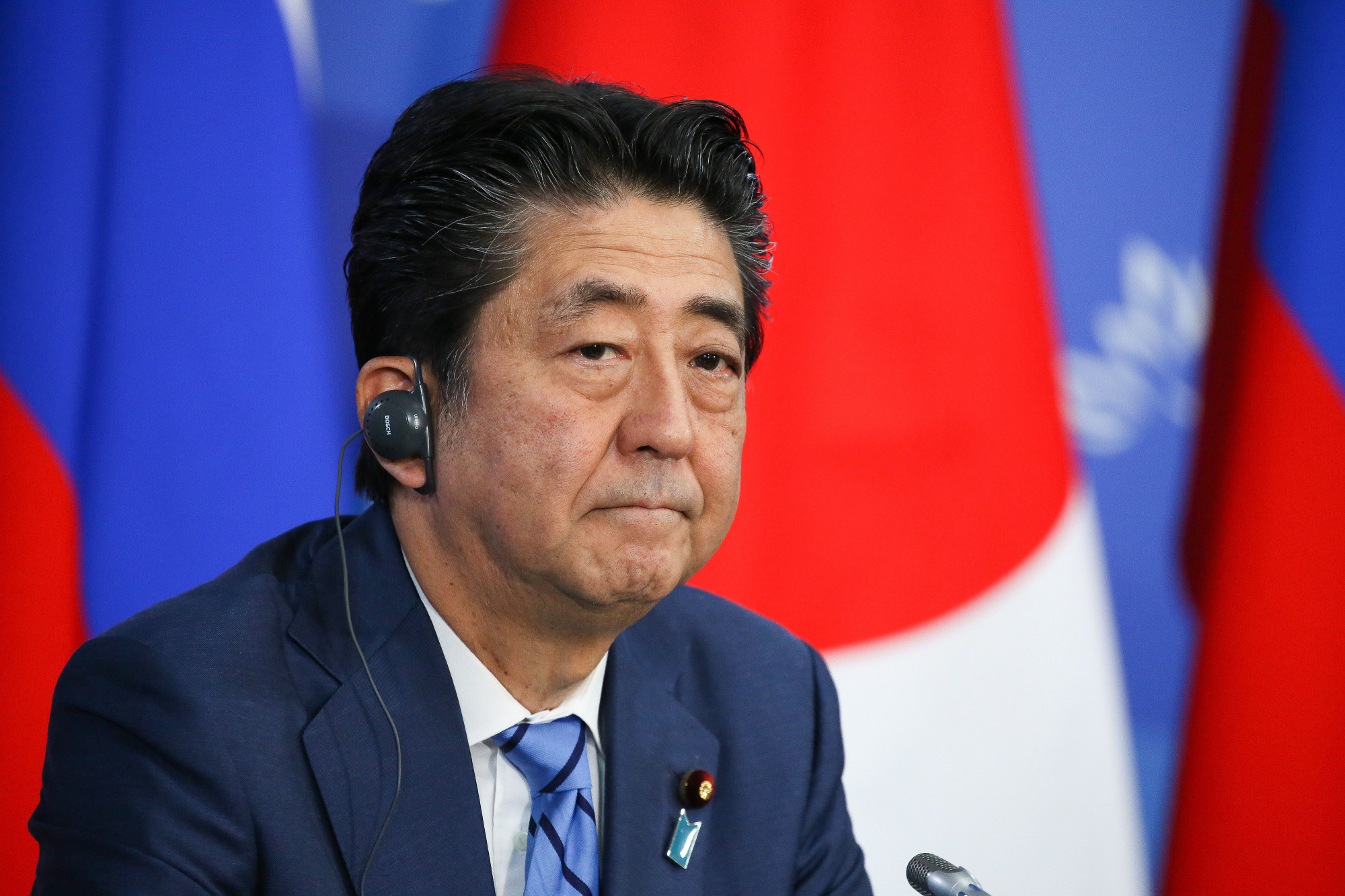Despite much attention being paid to Prime Minister Shinzo Abe's diplomacy and domestic reforms, his administration's approach to Japan's making of foreign policy has largely eluded examination. Meanwhile, his current, second prime ministership has marked a significant change in the decision-making process, with the bureaucracy's traditionally strong clout being eroded.
The prime minister has come to exert more control over the Foreign Ministry through the Prime Minister's Office (Kantei). As a result, the very source of Japanese diplomacy has shifted from the bureaucratic institutions to the Kantei, while foreign policy officials, previously largely responsible for crafting Japan's international strategy, have rather been relegated to simply implementing the policies decided at the executive level.
According to the conventional wisdom, policymaking in Japan is only efficient when the leader cooperates with the bureaucracy, enjoys its support and makes use of its expertise. This became especially apparent during the short-lived administration of Yukio Hatoyama from the Democratic Party of Japan. Hatoyama and his fellow party members wished to achieve "political leadership," whereby major policy decisions would be made by people's representatives rather than unelected officials. Thus, the Hatoyama administration tried to neutralize bureaucratic influence and instead empower the executive branch. However, despite various administrative reforms, it only managed to weaken the bureaucracy rather than strengthen the politicians.

















With your current subscription plan you can comment on stories. However, before writing your first comment, please create a display name in the Profile section of your subscriber account page.